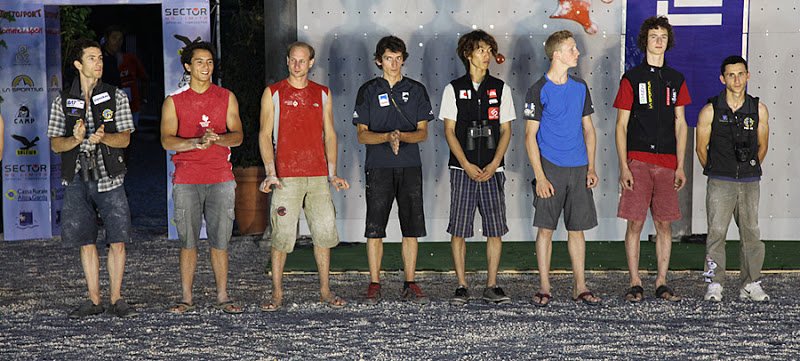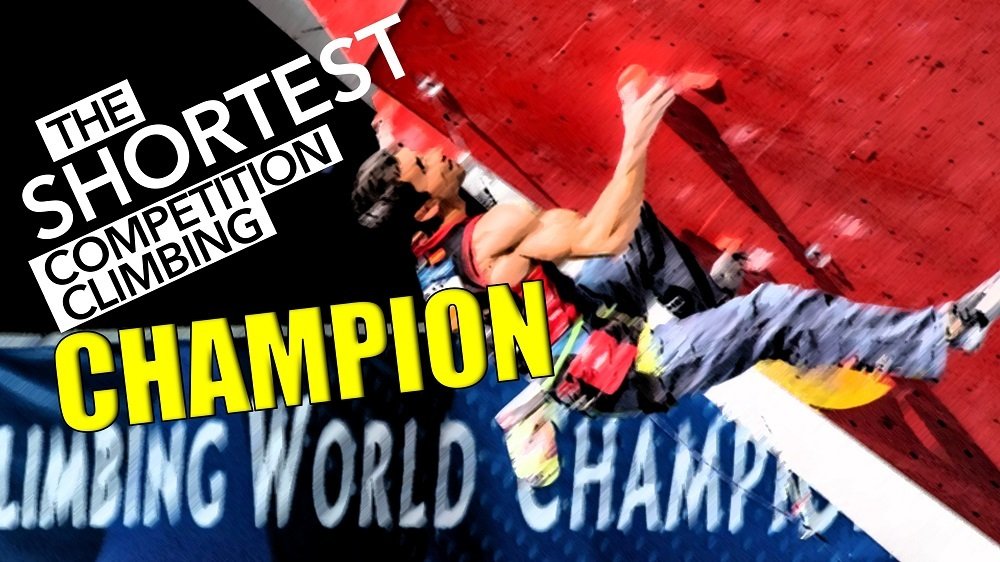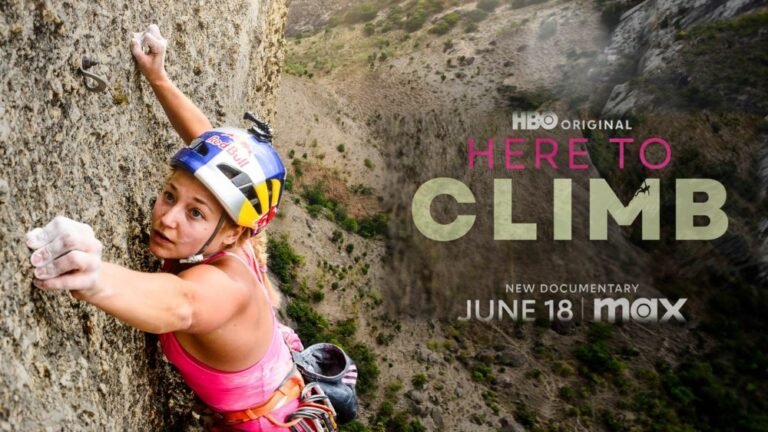The shortest men competition climber


The shortest man in competition climbing is not a title anyone likes to have. Unfortunately, the height you have is what you are given and you don’t really have a choice. We’ll look at the career of one the shortest men competition climbers of all time.
“Ramonet”
Ramón Julián Puigblanqué, also known as “Ramonet,” is one of the most accomplished climbers of his generation. He was born on January 19, 1981, in Lleida, a city in Catalonia, Spain. He started climbing at the age of 7 and quickly fell in love with the sport. By the time he was a teenager, he was already competing at an international level. Although standing at just 1.59 m (5.2 ft) he was able to establish himself as a dominant force in the sport and has won numerous championships and awards over the years.
Ramón Julián’s Climbing Career
Ramón’s climbing career began when he was just 14 years old, and he won his first national championship in lead climbing. Since then, he has become one of the most successful climbers in the history of the sport. He has won multiple world championships and numerous World Cup events. In 2004, he won his first world championship in Men’s Lead Climbing, and he went on to win three more world titles in the same event in 2007, 2009, and 2011. He has also won the overall World Cup championship twice, in 2008 and 2011.
Ramón is known for his ability to climb both indoors and outdoors. He has set many difficult routes and boulder problems in both settings, and he has climbed some of the most challenging routes in the world. He is particularly adept at climbing steep, overhanging terrain, and he has established some of the hardest routes in this style of climbing.
One of Ramón’s most impressive outdoor climbing achievements is his ascent of La Rambla, a 5.15a (9a+) sport route in Siurana, Spain. This climb is considered one of the hardest sport routes in the world, and Puigblanqué was the second person to complete it, in 2003. He has also climbed many other difficult routes in Siurana, as well as in other areas of Spain and around the world.
In addition to his outdoor climbing achievements, Puigblanqué has also had a great deal of success in indoor competitions. He has won many World Cup events and has been a consistent podium finisher throughout his career. He is known for his speed and efficiency in lead climbing competitions, and he has also had success in bouldering and speed climbing events.
Training and Philosophy
Known for his intense training regimen and dedication to the sport of climbing. He spends several hours a day training in the gym, working on his strength, technique, and mental focus. He is also a student of the sport and is always looking for ways to improve his climbing.
One of his philosophies is that climbing should be a balance between the physical and the mental. He believes that mental strength is just as important as physical strength in climbing and that climbers should focus on developing both aspects of their climbing. He also emphasizes the importance of technique and precision in climbing, and he is known for his smooth and efficient style.

Legacy
Puigblanqué has had a profound impact on the sport of climbing, both in Spain and around the world. His dedication, passion, and achievements have inspired a generation of climbers. He has also helped to popularize the sport in Spain, where climbing has become increasingly popular in recent years.
In addition to his climbing achievements, Ramón is also known for his sportsmanship and his dedication to the climbing community. He is a role model for young climbers and is always willing to offer advice and support to his fellow climbers.
As Ramón continues his climbing career, he continues to push the boundaries of what is possible in climbing. He remains a dominant force in the sport, even as younger climbers come up through the ranks. He is constantly setting new goals and always striving to improve his climbing.
Ramón’s impact on the sport of climbing will continue to be felt for years to come. His achievements have helped to elevate the sport to new heights and have inspired a generation of climbers. His dedication and passion for climbing serve as a reminder that with hard work and perseverance, anything is possible.
Climbing Achievements
First World Cup Victory
Ramonet’s first major victory came in 2001, at the age of 20, when he won the World Cup in Munich. He won the competition by completing all four routes, making him the first Spanish climber to win a World Cup event. This victory marked the beginning of Ramonet’s ascent to the top of the sport and established him as a formidable competitor on the international stage.
Bouldering World Champion
In 2003, Ramonet won his first Bouldering World Championship in Chamonix, France. He completed all of the final problems in just five attempts, beating out some of the best climbers in the world. Ramonet’s victory was a testament to his strength, skill, and determination, and it earned him a reputation as one of the most talented climbers of his generation.
Sport Climbing World Champion
In 2007, Ramonet won his first Sport Climbing World Championship in Aviles, Spain. He climbed flawlessly throughout the competition, completing every route he attempted and earning the gold medal. Ramonet’s victory in the Sport Climbing World Championship was a significant milestone in his career, as it solidified his status as one of the best all-around climbers in the world.
Multiple World Cup Wins
Ramonet has won numerous World Cup events over the course of his career. He has won a total of 29 World Cup events, making him one of the most successful climbers in the history of the sport. Ramonet has won World Cup events in a variety of disciplines, including Lead, Speed, and Bouldering, demonstrating his versatility and skill across different types of climbing.
First Climber to Win Three World Championships in a Row
In 2011, Ramonet made history when he became the first climber to win three World Championships in a row. He won the 2009 World Championships in Qinghai, China, the 2011 World Championships in Arco, Italy, and the 2011 Bouldering World Championships in Paris, France. Ramonet’s achievement was a testament to his consistency, determination, and skill, and it firmly established him as one of the greatest climbers of all time.
Redpoint of La Rambla
In 2003, Ramonet completed the first ascent of La Rambla, a notoriously difficult climb in Siurana, Spain. La Rambla was one of the hardest routes in the world at the time, with a difficulty rating of 5.15a (9a+). Ramonet’s ascent of La Rambla was a groundbreaking achievement, as it was one of the first climbs in the world to receive a rating of 5.15a. Ramonet’s success on La Rambla was a testament to his strength, endurance, and technical skill, and it cemented his status as one of the best climbers in the world.













